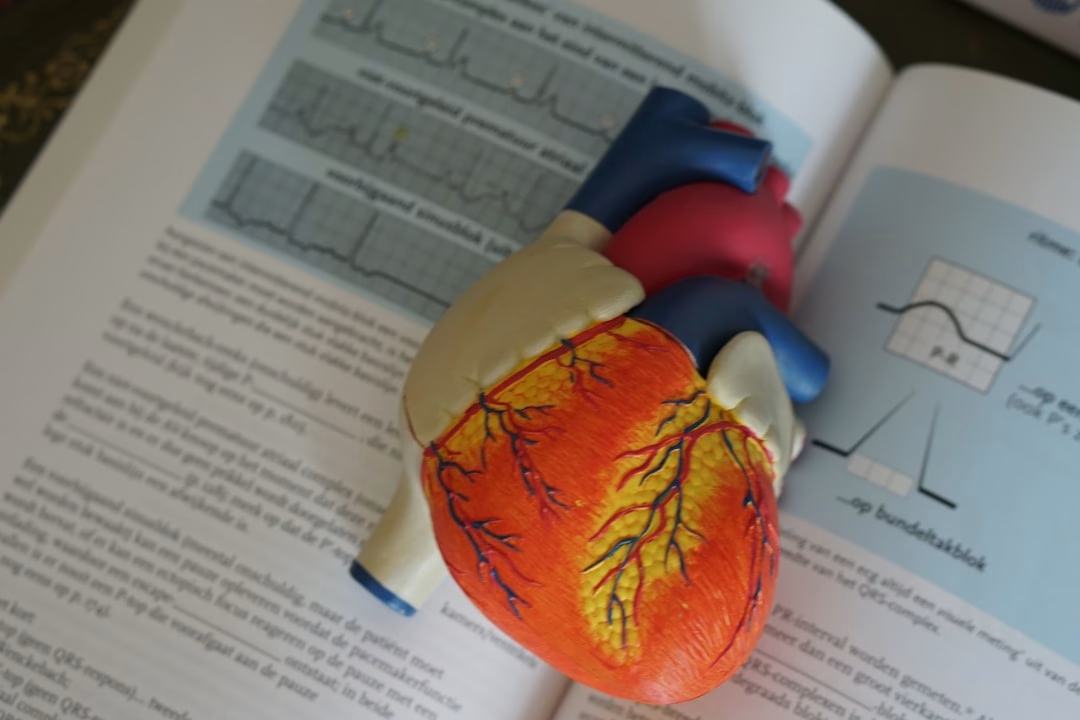Hydration plays a vital role in maintaining good health. It is a well-documented fact that our bodies consist of up to 70% water. Hence, continuous intake of water is necessary for optimal body functioning. This blog post will delve into how hydration impacts our wellbeing, the symptoms of dehydration, and ways to ensure you stay appropriately hydrated.
Importance of Hydration
Maintaining proper hydration levels impacts our health in numerous ways, including:
- Promotes cardiovascular health: The heart can pump blood more easily when the body is properly hydrated.
- Heightens physical performance: Adequate hydration can boost performance in activities like sports, reducing fatigue and enhancing endurance.
- Assists in digestion: It moistens the food we eat and aids in breaking it down, which facilitates easier digestion and nutrient absorption.
- Regulates body temperature: Through the process of sweating, water helps regulate body temperature.
- Improves skin health: We lose water through our skin constantly; hence, staying hydrated can help maintain healthy, vibrant skin.
- Boosts brain function: Staying well-hydrated improves concentration, memory, and mood.
Symptoms of Dehydration
Identifying the symptoms of dehydration can be crucial for timely intervention. Some common signs may include:
- Feeling thirsty
- Dry or sticky mouth
- Headaches or dizziness
- Dark yellow or amber-colored urine
- Tiredness or fatigue
- Decreased urination
How to Stay Properly Hydrated
Staying hydrated is not just about drinking water. It is equally important to be conscious about consuming foods with high water content and limiting consumption of diuretics. Here are some tips for maintaining hydration:
- Drink enough water throughout the day: Daily water intake could vary from individual to individual based on factors like age, gender, weight, physical activity, environment among others.
- Aim to include hydrating foods in your diet: Fruits such as watermelon, cucumbers, oranges, strawberries have high water content and are good choices to help maintain hydration.
- Limit caffeinated and alcoholic beverages: These are diuretics that can cause the body to lose more water.
- Replenish fluids post workout: If your exercise routine is strenuous and long, consider a sports drink with electrolytes to rehydrate.
Proper hydration is a key pillar of good health and adopting habits that promote adequate hydration could contribute significantly to an improved quality of life. Remember to listen to your body, keep a water bottle handy, and enjoy a variety of hydrating foods to ensure you are meeting your hydration needs.
